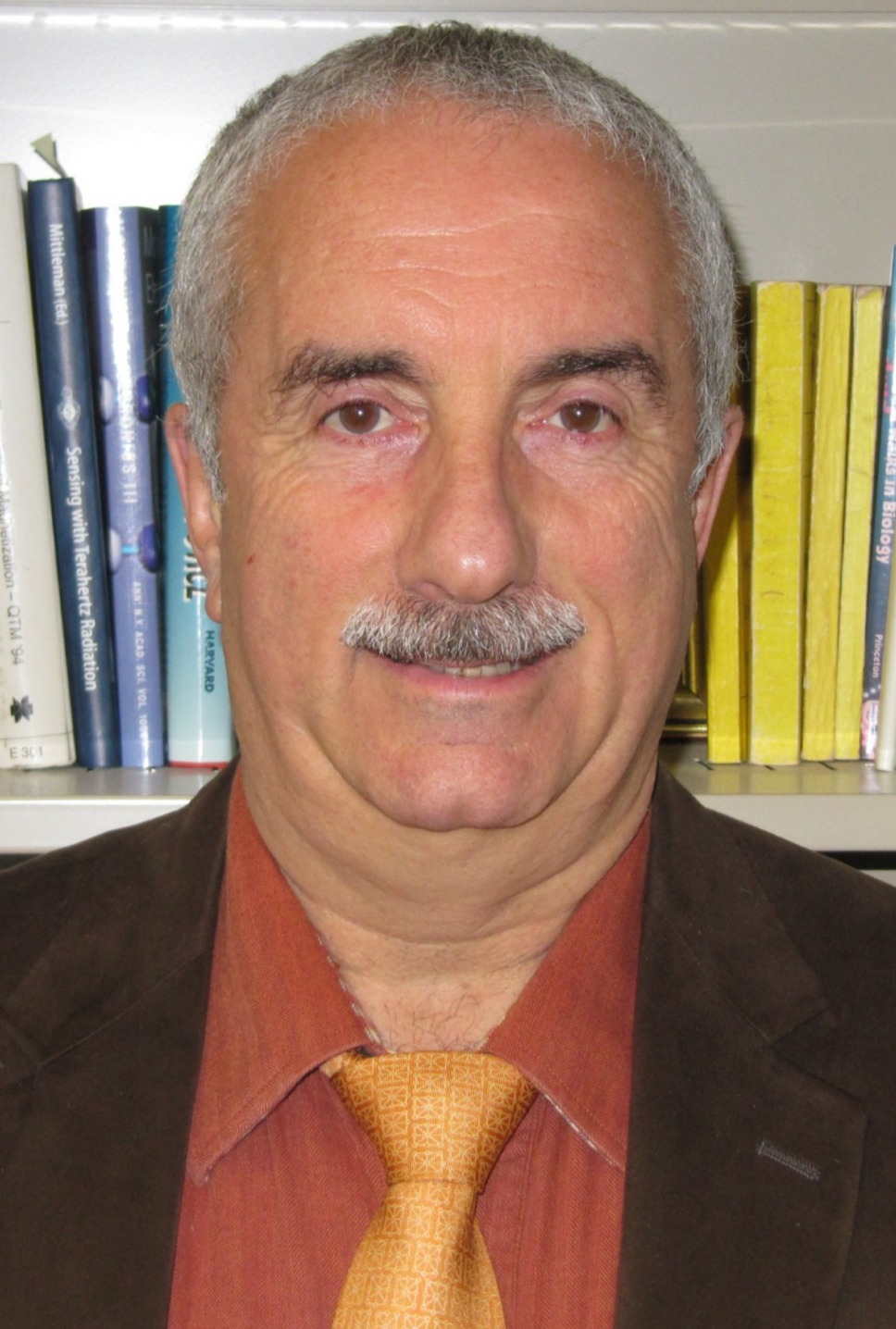
Photo courtesy of Lehman College
The American Physical Society (APS) has awarded Lehman Distinguished Professor of Physics Eugene Chudnovsky its 2024 Andrei Sakharov Prize, which recognizes APS Fellows for their leadership and efforts to uphold human rights.
In its announcement, the APS cited Chudnovsky’s “decades of leadership of prominent campaigns on behalf of oppressed scientists, including chairmanship of the APS and New York Academy of Sciences human rights committees and co-chairing of the Committee of Concerned Scientists.”
According to Lehman College, Chudnovsky immigrated from the Soviet Union in 1987 and joined CUNY in 1988. Lehman College officials said his human rights work arose directly from his experience as a dissident in the U.S.S.R. They said he has said that scientists are often targeted by repressive regimes because they are free thinkers, adding that the very nature of their work requires scientists, especially physicists, to question our understanding of the world. “There are a disproportionate number of physicists in prison,” Chudnovsky said.
As reported as part of a previous story on the push by New York City Mayor Eric Adams for a more carbon-neutral city, and in the context of those who undermine environmental scientists who seek to raise awareness about climate change, the Guardian newspaper reported in October 2021 that British scientist Professor Philip Jones was head of the Climatic Research Unit at East Anglia University in Norwich, UK, in 2009 when hackers stole thousands of documents and emails from its computers.
According to The Guardian, and a subsequent film, “The Trick,” which documents the event, their contents were then carefully selected and used by climate change deniers to promote the idea that scientists were falsely alleging fossil fuel emissions were warming the planet. “Subsequent inquiries rejected all these allegations,” The Guardian reported.
Chudnovsky added, “Contributing to the effort to help unfairly imprisoned scientists has long been a part of my life. In some way, I feel awkward about receiving a prize for the work that gives me enormous satisfaction. It is a great honor to see Sakharov’s and my name appear in one sentence, and to be a recipient of the prize awarded in the past to human rights defenders like the late Yuri Orlov, who spent years in a Russian GULAG, and Narges Mohammadi of Iran, who received the Nobel Peace Prize last month.”
The prize includes $10,000, which Chudnovsky said he will donate to the Committee of Concerned Scientists.




